SUMMARY
This is AI generated summarization, which may have errors. For context, always refer to the full article.
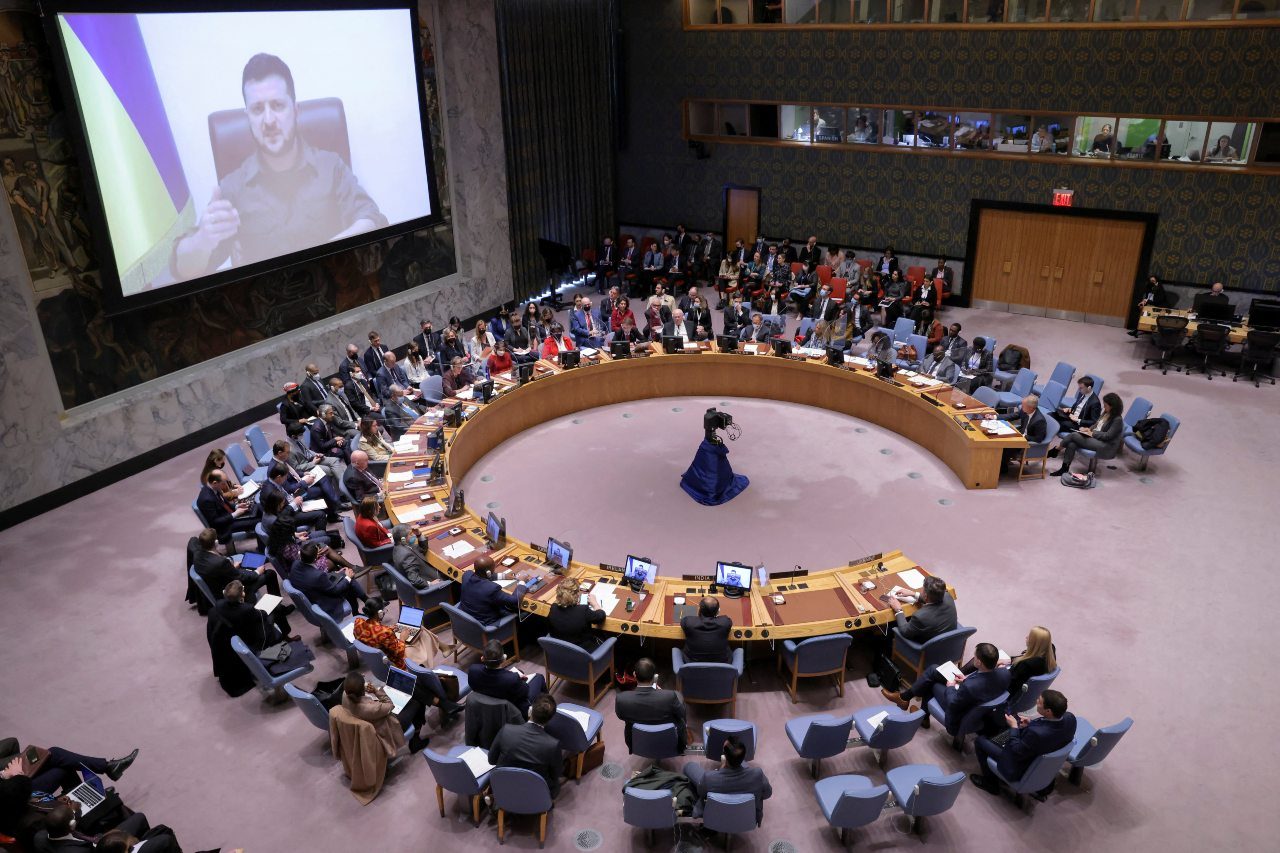
UNITED NATIONS – Ukrainian President Volodymyr Zelenskiy told the United Nations Security Council that “accountability must be inevitable” for Russia as he accused Russian troops of committing “the most terrible war crimes” since World War Two.
Zelenskiy showed a short video of burned, bloodied and mutilated bodies, including children, in Irpin, Dymerka, Mariupol and Bucha.
He questioned the value of the 15-member UN Security Council, which has been unable to take any action over Russia’s February 24 invasion of Ukraine because Moscow is a veto power, along with the United States, France, Britain and China.
“We are dealing with a state that turns its veto at the UN security council into the right to (cause) death,” Zelenskiy said in a live video address, urging reform of the world body. “Russia wants to turn Ukraine into silent slaves.”
Russia says it is carrying out a “special military operation” that aims to destroy Ukraine’s military infrastructure and “denazify” it, and denies attacking civilians. Ukraine says it was invaded without provocation.
Russia’s UN Ambassador Vassily Nebenzia told the council: “We’ve heard once again a huge amount of lies about Russian soldiers and military.” (LIVE UPDATES: Russia-Ukraine crisis)
The United Nations said some 11 million Ukrainians – more than a quarter of the population – have fled their homes. More than 4 million of those people have left Ukraine.
UN aid chief Martin Griffiths said at least 1,430 civilians have been killed, including more than 121 children. “We know this is likely a serious underestimate,” he added.
Griffiths, who is seeking a humanitarian truce in Ukraine, said “we have a long road ahead of us” after what he described as a “frank” meeting with Russia’s Foreign Minister Sergei Lavrov in Moscow on Monday, April 4.
“Perilous conditions are hampering our efforts to access civilians – or for them to access us. Civilians must be allowed to move to safer areas without the fear of attacks,” Griffiths told the UN Security Council on Tuesday, April 5. He said he hopes to travel to Ukraine on Wednesday, April 6, to meet with Ukrainian officials.
UN political affairs chief Rosemary DiCarlo said the United Nations had received credible allegations “that Russian forces have used cluster munitions in populated areas at least 24 times.” She said allegations that Ukrainian forces have used such weapons were also being investigated.
“Allegations of conflict-related sexual violence perpetrated by Russian forces have also emerged. These include gang rape and rapes in front of children,” she said. “There are also claims of sexual violence by Ukrainian forces and civil defense militias.”
She said the UN Human Rights Monitoring Mission in Ukraine was seeking to verify all allegations.
UN Secretary-General Antonio Guterres warned the Security Council that Russia’s invasion of Ukraine is one of the greatest challenges ever to the international order “because of its nature, intensity, and consequences.”
Guterres said the war was putting even more pressure on the developing world, with more than 1.2 billion people particularly vulnerable to spiking food, energy and fertilizer costs.
“We are already seeing some countries move from vulnerability into crisis, and signs of serious social unrest,” he added. – Rappler.com
Add a comment
How does this make you feel?
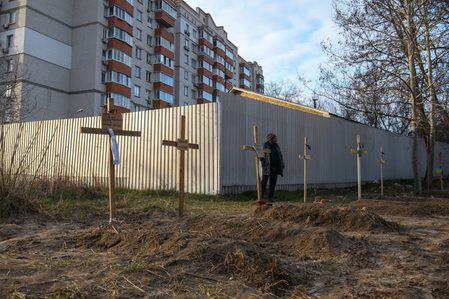

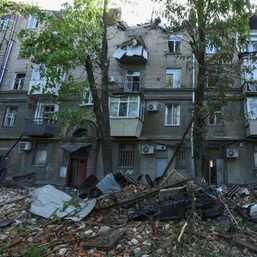

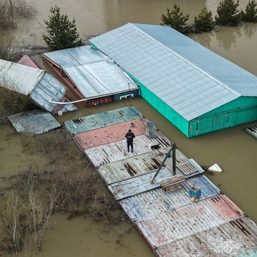

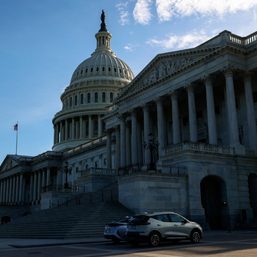
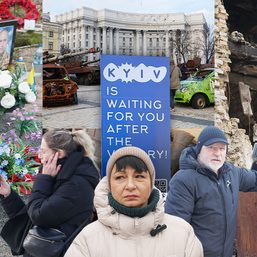
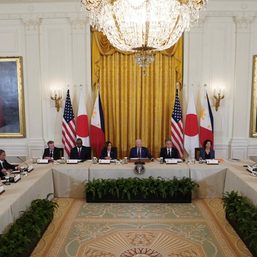
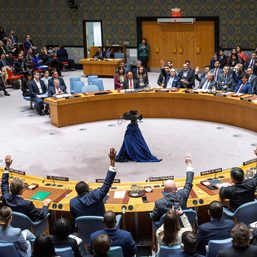

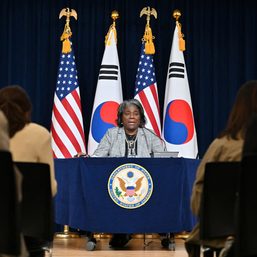

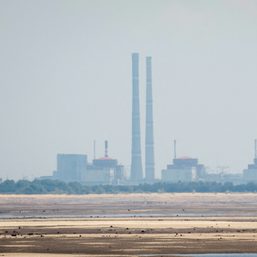
There are no comments yet. Add your comment to start the conversation.